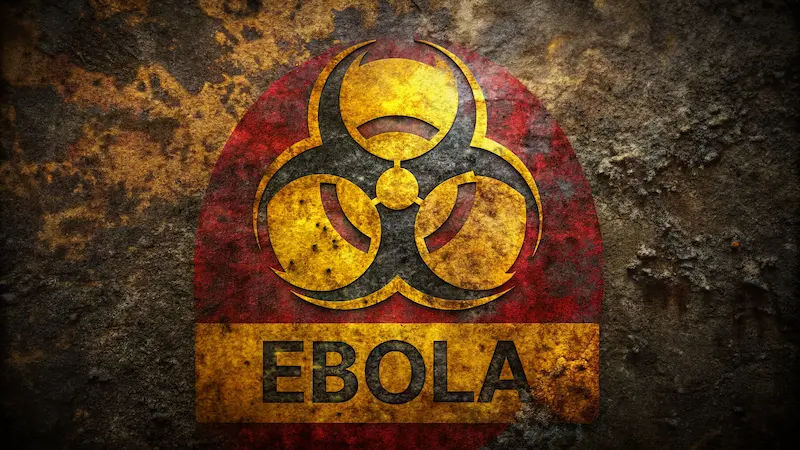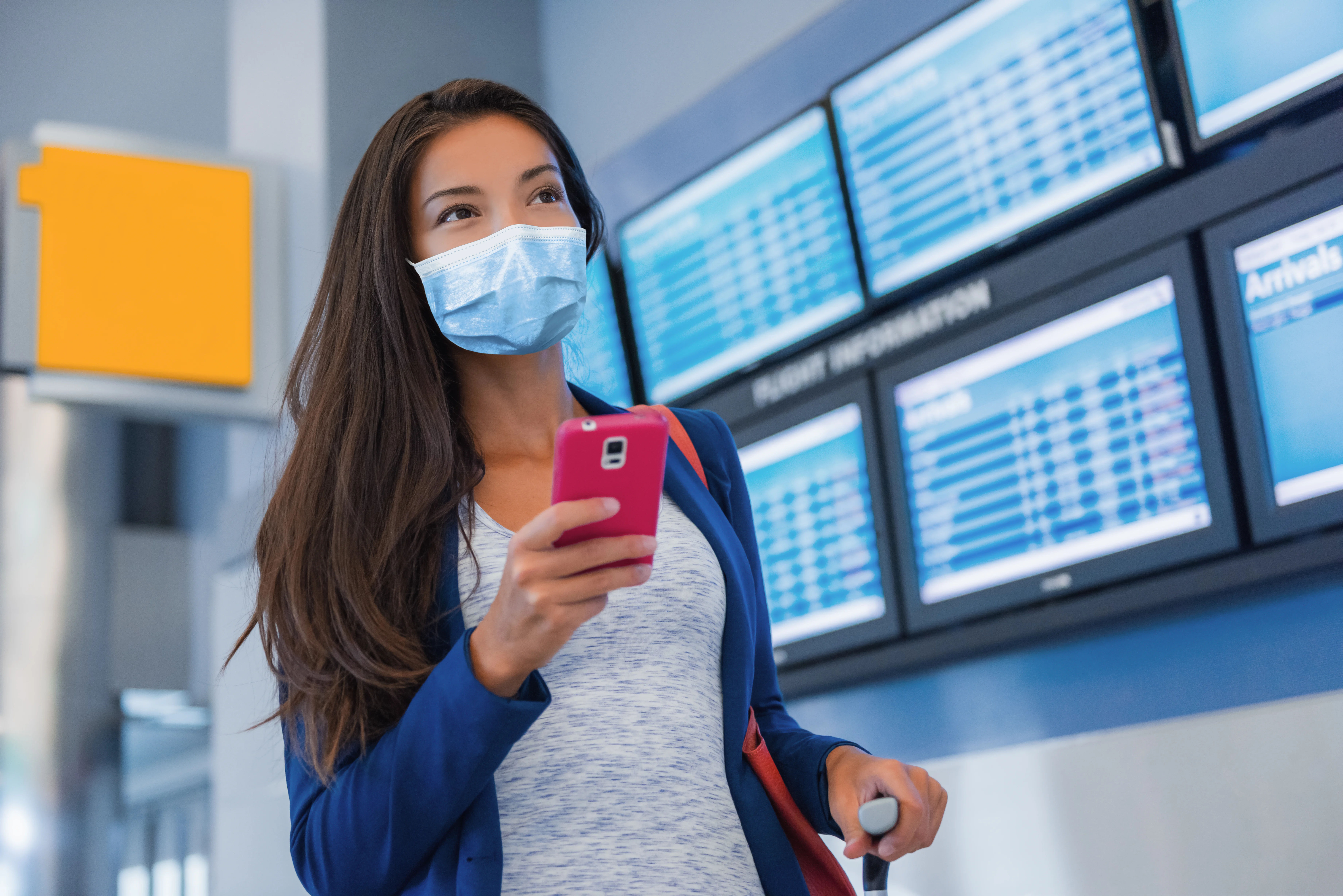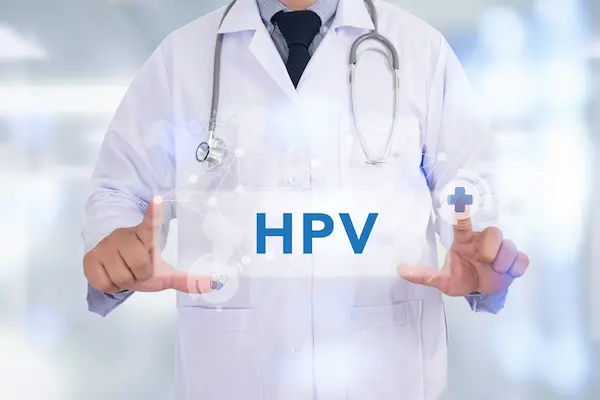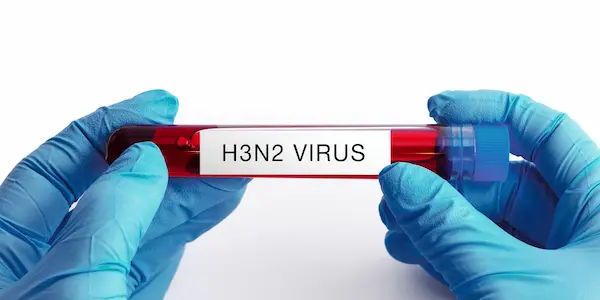- male
- 35 Years
- 07/02/2025
I'm really worried about something that's been on my mind for a while. Back in 2002, I got bitten by a dog but didn't get any rabies vaccination at that time. Then in 2008, after getting concerned, I decided to get 3 anti-rabies shots, and because of some psychological stress, I ended up getting more. By 2011, I had taken a total of 12 rabies vaccines. So I'm really anxious now and need to know: Is there any chance I could still get rabies from that bite in 2002 because I didn't get vaccinated immediately? And is it possible to experience any reactions or side effects due to the number of vaccines I've received over the years? Previously, a doctor mentioned there's a very remote possibility, less than 1%, of getting rabies, but I'm just so nervous and can't stop thinking about it. Can you please help me understand if it's still a risk?
Answered by 1 Apollo Doctors
consult general physician
Dr. Shubham Suggests...
Consult a Infectious Disease specialist
Answered 04/07/2025
0
0

More Infectious Disease Health Queries
View allI'm a bit worried because I've been bitten by a dog, and I'm not certain if the dog has been immunized. Should I consult a particular type of doctor in this situation? And is it possible to check if the dog is vaccinated for rabies before I need to get any shots myself?
you: *Immediate Steps* 1. *Wash the wound*: Immediately wash the bite area with soap and water. 2. *Apply antibiotic ointment*: Apply an antibiotic ointment to the affected area. 3. *Seek medical attention*: Visit a doctor as soon as possible. *Consulting a Doctor* 1. *Primary Care Physician (PCP)*: You can start by consulting your PCP, who will assess the wound and provide guidance on further treatment. 2. *Emergency Room (ER) Doctor*: If the bite is severe or you're experiencing symptoms like fever, chills, or swelling, visit the ER. 3. *Infectious Disease Specialist*: In some cases, your doctor may refer you to an infectious disease specialist for further evaluation and treatment. *Rabies Vaccination* 1. *Assessing the dog's vaccination status*: If possible, try to determine the dog's vaccination status. If the dog is up-to-date on its rabies vaccination, the risk of transmission is lower. 2. *Getting the dog checked*: If the dog's vaccination status is unknown, it's recommended to have the dog observed for 10 days. If the dog remains healthy during this period, the risk of rabies transmission is low. 3. *Post-Exposure Prophylaxis (PEP)*: If the dog's vaccination status is unknown or the dog is not available for observation, your doctor may recommend PEP, which includes immediate vaccination against rabies and administration of rabies immunoglobulin.
Answered by 1 Apollo Doctors
I'm a bit worried because a monkey just grazed my right hand with its teeth, and there's a small mark, but luckily no blood. I've already gotten a TT shot, but should I also get a rabies vaccine? Can you advise me on what to do next?
As a smoker, you're at risk for respiratory issues. The white mucus could be a sign of: - Chronic Bronchitis: inflammation of the bronchial tubes - Smoker's Cough: irritation of the lungs and airways The black mucus could indicate: - Carbon deposits from smoking - Fungal or bacterial infection (less likely) _Action Plan_ 1. _Quit smoking_: Aim to stop smoking entirely to reduce further damage. 2. _Consult a doctor_: Discuss your symptoms with a healthcare professional to rule out underlying conditions. 3. _Get a check-up_: Schedule a physical examination, including a chest X-ray and lung function tests, if recommended by your doctor.
Answered by 1 Apollo Doctors
I'm really worried about my health situation and hope you can help me out. Back in June 2015, I had protected sex with a sex worker. Over the past year, I've done several HIV tests, including the tri-dot and an ICTC test, and all of them came back negative, even the one-year mark test. But I'm anxious because I've read online about a connection between HIV and filariasis. Lately, I've had jaundice and a swollen testicle, and I'm currently on medications like dec 100 mg. So now, I'm really confused and would like to know: how accurate is the tri-dot test, and could all these symptoms be related in any way? Am I really in the clear or should I be worried?
There is no such relation no need to worry you are free from hiv ,get yourself tested once a yr for 3 years
Answered by 1 Apollo Doctors
Disclaimer: Answers on Apollo 247 are not intended to replace your doctor advice. Always seek help of a professional doctor in case of an medical emergency or ailment.





